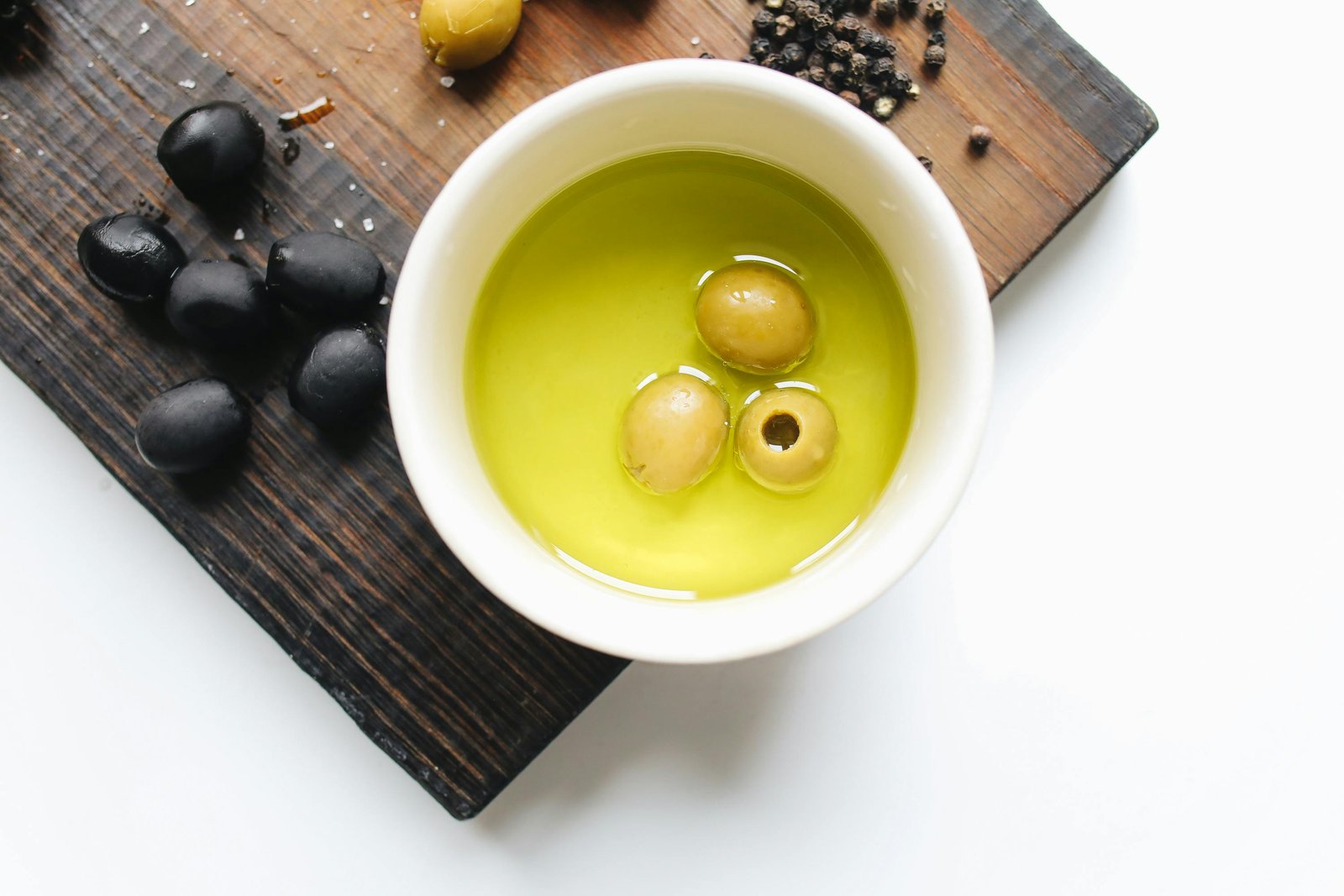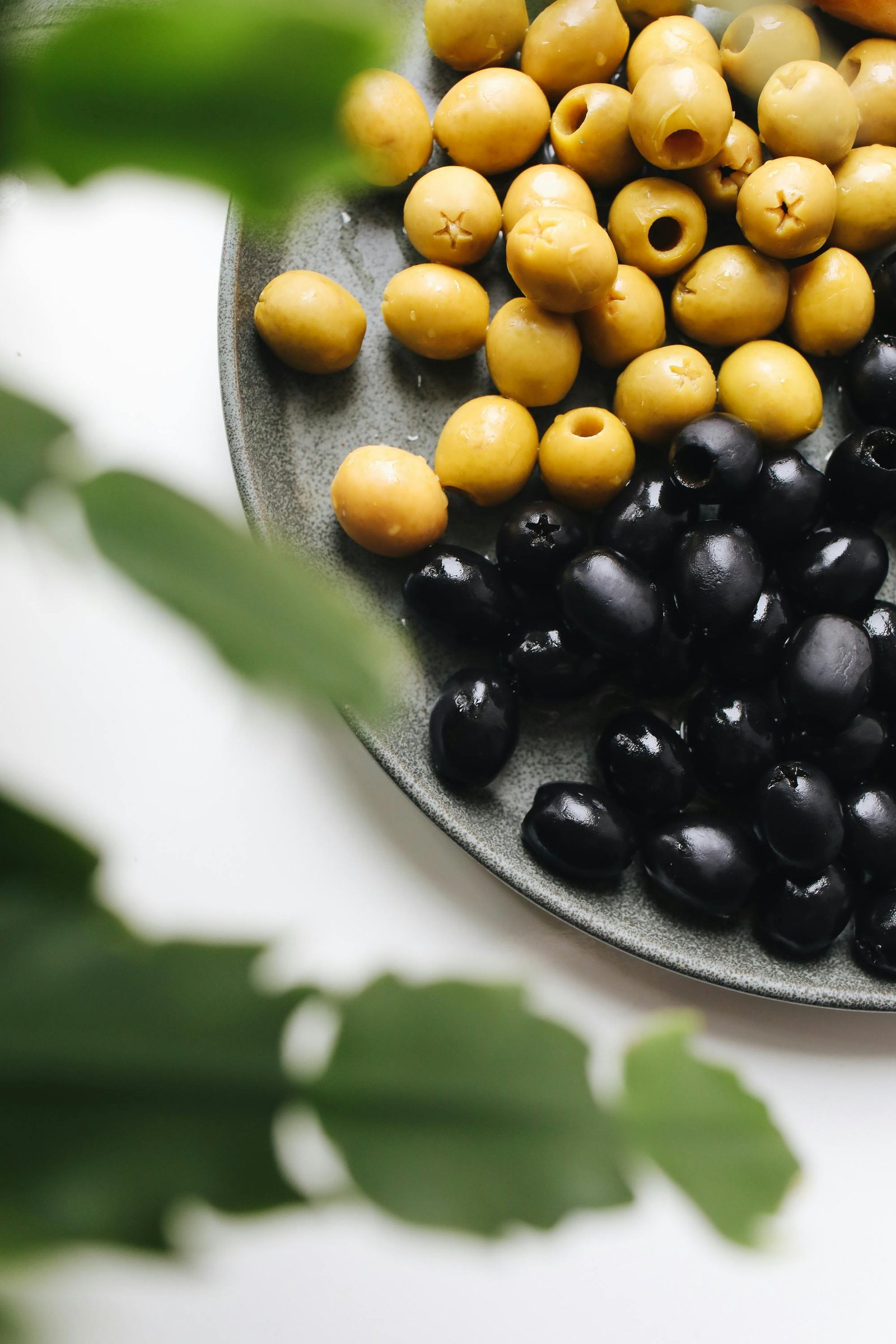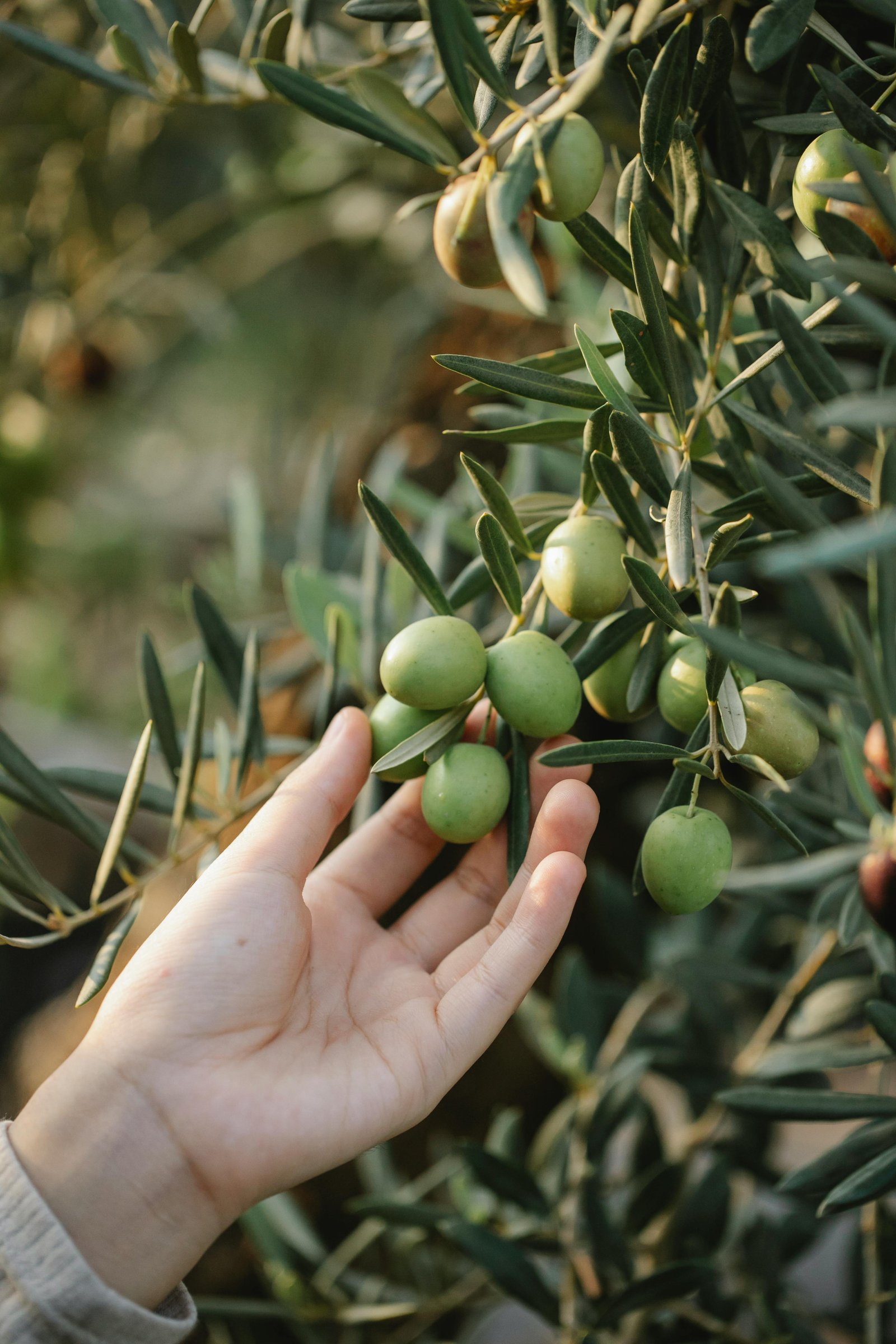
Greek Olive Oil Skin Benefits: Fact or Myth?
Greek olive oil has long been praised not just as a kitchen staple but as a powerful ingredient in skincare routines dating back to ancient times. From Cleopatra to modern cosmetic brands, it’s celebrated for its moisturizing and anti-aging properties. But how much of that is really true?
In this article, we break down the scientific facts vs beauty myths surrounding Greek olive oil and your skin — and help you decide whether it deserves a place in your skincare routine.
✅ 1. Moisturizing Properties – FACT
Greek olive oil is rich in essential fatty acids, especially oleic acid, which penetrates deeply into the skin and helps to lock in moisture. It also contains squalene, a naturally occurring substance in human skin that declines with age.
What it does:
- Softens dry, flaky skin
- Helps repair the skin barrier
- Makes skin feel smoother and more hydrated
💡 Best use: Apply a few drops of extra virgin Greek olive oil to damp skin before bed as a natural nighttime moisturizer.
🛡️ 2. Antioxidant Protection – FACT
Extra virgin Greek olive oil is loaded with polyphenols, vitamin E, and hydroxytyrosol — potent antioxidants that fight oxidative stress, one of the main causes of premature skin aging.
Benefits include:
- Neutralizing free radicals
- Reducing inflammation and redness
- Protecting skin from environmental damage (e.g. pollution, UV light)
🥼 Studies show that hydroxytyrosol — found in high-quality Greek olive oil — may help reduce DNA damage and delay skin aging.
❌ 3. Cures Acne – MYTH (But Can Help Mildly)
Some sources claim olive oil cures acne, but this is not supported by dermatological studies. While olive oil is non-comedogenic for many people, it can clog pores in oily or acne-prone skin if used excessively.
Myth clarified:
- It can soothe inflamed areas due to its anti-inflammatory properties
- Not recommended as a full acne treatment
- Avoid overnight use if you’re prone to breakouts
Instead, apply a tiny amount after exfoliation or combine with tea tree oil in moderation.
👵 4. Anti-Aging Effects – PARTIALLY TRUE
While Greek olive oil is no miracle anti-aging product, it does delay signs of aging due to its antioxidant profile. Vitamin E and polyphenols help boost collagen production and minimize fine lines over time.
What’s true:
- Regular use improves elasticity
- Skin appears plumper and brighter
- Can reduce appearance of fine lines — not deep wrinkles
For best results, combine with a daily sunscreen and antioxidant-rich diet (like the Mediterranean diet itself).
🔬 5. Suitable for All Skin Types – MYTH
This is one of the most common misconceptions. While Greek olive oil works wonderfully for dry or mature skin, it may not be ideal for very oily, acne-prone, or sensitive skin.
Quick skin type guide:
| Skin Type | Olive Oil Use |
|---|---|
| Dry | ✅ Excellent moisturizer |
| Normal | ✅ Works well |
| Oily | ⚠️ Use sparingly |
| Acne-prone | ❌ Use with caution |
| Sensitive | ⚠️ Patch test recommended |
💡 How to Choose the Best Olive Oil for Skin
Not all olive oils are suitable for skincare. Here’s what to look for:
- Extra Virgin Olive Oil (EVOO) only — never refined or light olive oil
- Cold-pressed and unfiltered if possible
- From trusted Greek regions like Crete or Kalamata
- Stored in dark glass bottles to protect antioxidants
🫒 Brands like Gaea, Ellora Farms, or Olive Roots offer cosmetic-grade and edible EVOO with high purity.
🧴 DIY Olive Oil Skincare Ideas
- Olive Oil & Sugar Scrub: 1 tbsp olive oil + 1 tbsp brown sugar – gently exfoliates
- Olive Oil Makeup Remover: Dab onto a cotton pad – removes waterproof makeup
- Olive Oil Hair Mask: Massage into scalp and ends – rinse after 30 min
- Olive Oil Cuticle Balm: Apply a drop to nails and massage daily
🧾 FAQ
Can I apply Greek olive oil to my face every day?
Yes — if you have dry to normal skin. Apply sparingly on damp skin to seal in moisture.
Is olive oil safe around the eyes?
Yes, in small amounts. It’s often used as a gentle makeup remover for sensitive areas.
Will olive oil clog my pores?
Not for most users, but those with oily or acne-prone skin should patch test first and avoid leaving it on overnight.
What’s better — coconut oil or olive oil for skin?
For hydration, both work well. But Greek olive oil has more antioxidants and is gentler on sensitive skin.
🔗 Conclusion
Greek olive oil does live up to its ancient reputation — mostly. While it won’t erase wrinkles or cure acne overnight, it’s a powerful, natural moisturizer loaded with antioxidants that can protect and nourish your skin.
💚 Want to try Greek olive oil for skincare?
→ Explore our curated list of trusted Greek Olive Brands You Can Trust




